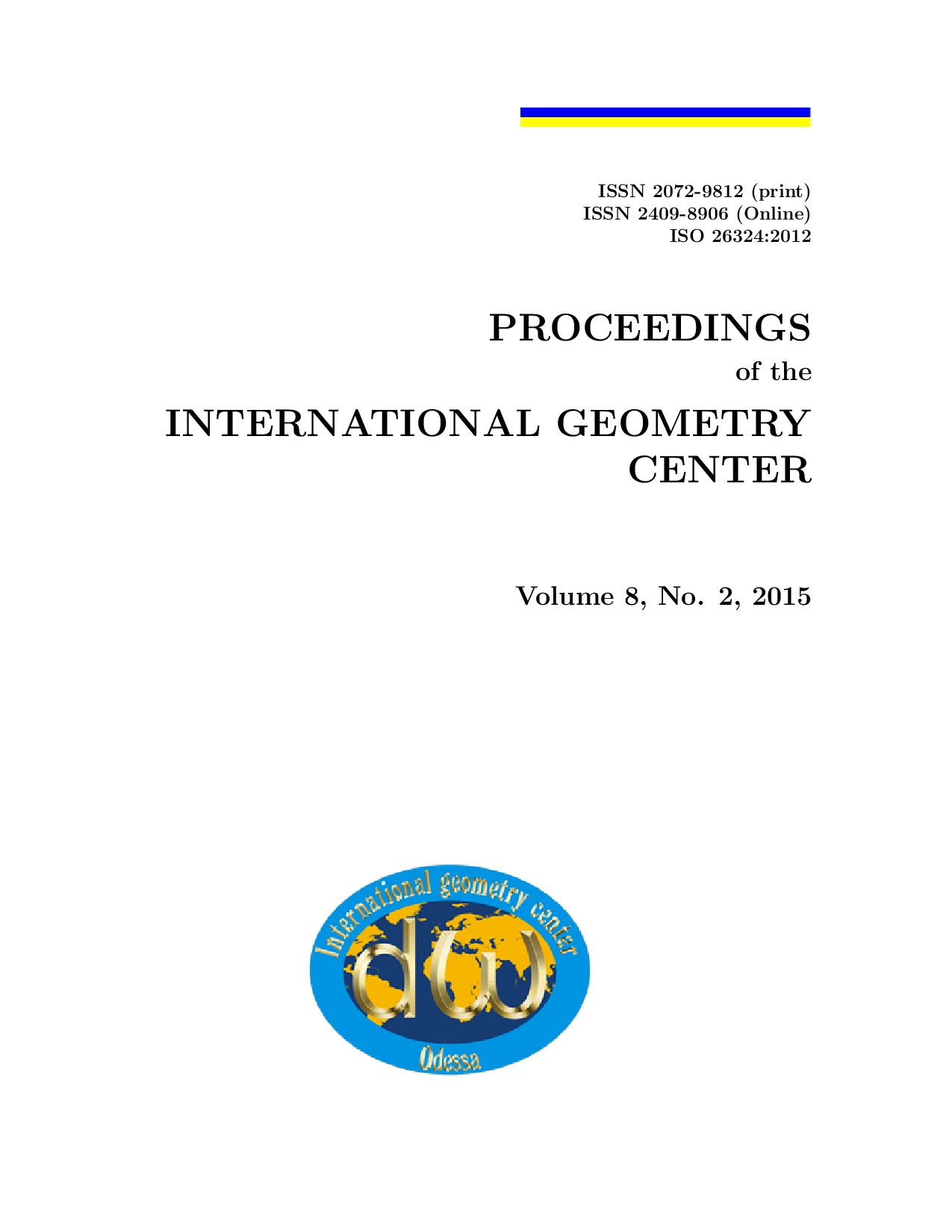Properties of vacuum and brane spectrum of Type IIB string theory
DOI:
https://doi.org/10.15673/2072-9812.2/2015.51567Parole chiave:
F-theory, Vacuum stability, Type IIB string theory, gauge fields, K-theory.Abstract
F-theory has been receiving more attention in the past few years because its rich structure allows to solve many problems of the Standard Model and Grand Unification Theory. This theory is also important because of the necessity to solve the problem of vacuum stability. A simpler solution of F-theory is used to describe the Type IIB string theory. For the classification of D-brane charges in superstring theory of Type IIB is applied K-theory. This approach provides an access to gauge fields connected with vector bundles, classified by K-theory. This technique implements the resolution of issues related to the structure of scales and hierarchies, the gauge group and charged matter content.
Riferimenti bibliografici
Binetruy P.: Supersymmetry: Theory, Experiment, and Cosmology. Oxford University Press, 2006, 520 p.
Heckman Jonathan J., Vafa Cumrun: From F-theory GUTs to the LHC. arXiv:0809.3452 [hep-ph].
Susskind Leonard: The Anthropic Landscape of String Theory. arXiv:hep-th/0302219.
Michelson Jeremy, Compactifications of Type IIB Strings to Four Dimensions with Non-trivial Classical Potential. arXiv:hep-th/9610151.
Beasley Chris, Heckman Jonathan J., Vafa Cumrun: GUTs and Exceptional Branes in F-theory - II: Experimental Predictions. arXiv:0806.0102 [hep-th].
Beasley Chris, Heckman Jonathan J., Vafa Cumrun: GUTs and Exceptional Branes in F-theory - I. arXiv:0802.3391 [hep-th].
Obikhod T.: The realization of higher-dimensional breaking mechanism. arXiv:1401.6426 [hep-th].
Ellis J. , Kelley S., Nanopoulos D.V.: Probing the desert using gauge coupling unification. Phys. Lett., B260, 131-137 (1991).
Georgi H., Glashow S.L.: Unity of All Elementary Particle Forces. Phys. Rev. Lett. 32, 438-441 (1974).
Arkani-Hamed N., Dimopoulos S., Dvali G.: The Hierarchy problem and new dimensions at a millimeter. Phys. Lett. B429, 263-272 (1998).
Randall L., Sundrum R.: A Large mass hierarchy from a small extra dimension. Phys. Rev. Lett. 83, 3370-3373 (1999).
Dienes K.R., Dudas E., Cherghetta T.: Extra space-time dimensions and unification. Phys. Lett. B436, 55-65 (1998).
Kachru S., Schulz M., Silverstein E.: Bounds on curved domain walls in 5-D gravity. Phys. Rev. D62, 085003 (2000).
Froggatt C.D., Nevzorov R., Nielsen H.B., Thomas A.W.: Cosmological constant in SUGRA models with Planck scale SUSY
breaking and degenerate vacua. Phys. Lett. B737, 167–171 (2014).
Stone M.: Lifetime and decay of excited vacuum states. Phys. Rev. D14 (12), 3568–3573 (1976); Frampton P.H.: Vacuum Instability and Higgs Scalar Mass. Phys. Rev. Lett. 37 (21), 1378–1380 (1976).
Witten Edward: D-Branes And K-Theory. JHEP 9812:019,(1998).
Douglas Michael R.: The statistics of string/M theory vacua. JHEP 0305:046, (2003).
Vafa Cumrun: Evidence for F-theory. Nucl.Phys. B469, 403-418 (1996).


